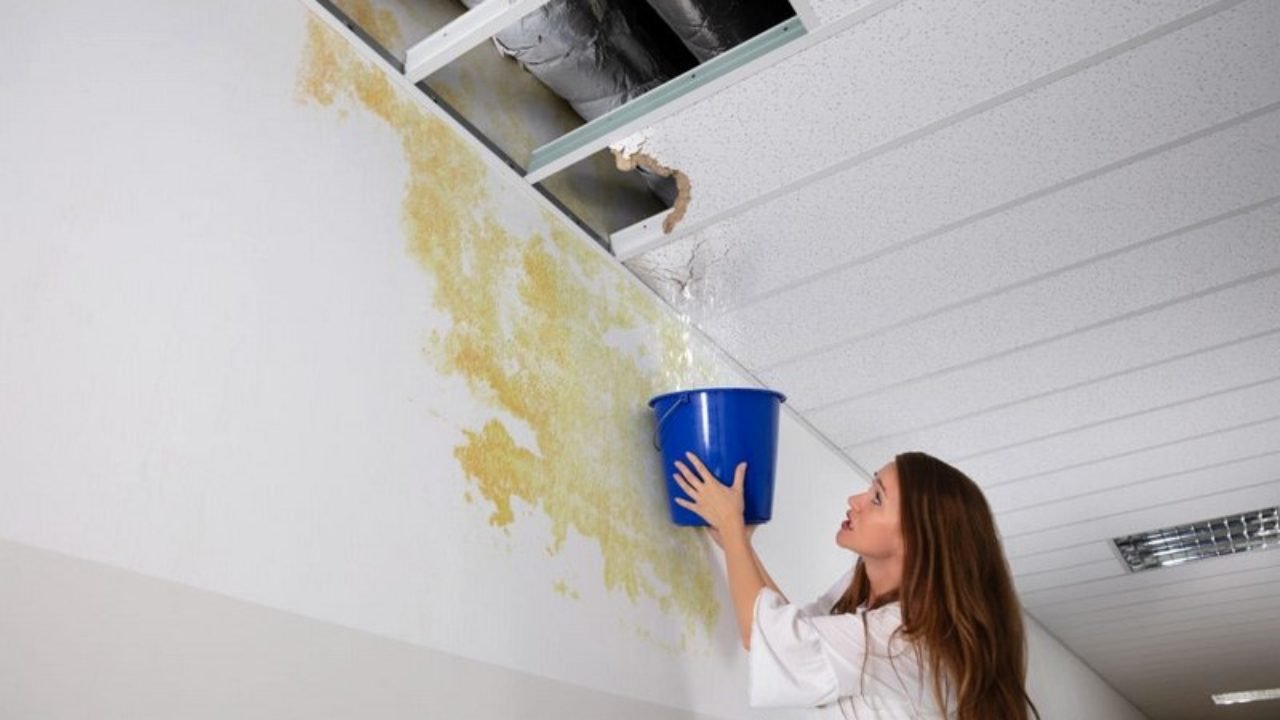Identify Half a Dozen The Principal Triggers for Water Leaks in Your Home
Identify Half a Dozen The Principal Triggers for Water Leaks in Your Home
Blog Article
This great article following next involving How to detect water leaks in your home is totally enjoyable. Don't miss out on it.

Leakages not just cause waste of water however can additionally create unnecessary damage to your house as well as advertise undesirable organic growth. By looking as well as recognizing for everyday situations that create leakages, you can secure your residence from future leakages and unnecessary damage.
Instantaneous temperature changes.
Severe temperature changes in our pipes can trigger them to expand and get all of a sudden. This development and tightening might trigger cracks in the pipes, specifically if the temperature level are below freezing. If you kept an eye on just how your plumbing works, it would certainly be best. The visibility of the previously stated scenarios often indicates a high danger.
Corroded water supply
As time goes by, your plumbing system ages and deterioration such as rust may start eating away the pipelines. This could be the cause of staining or bending on your water pipes. This asks for an evaluation with your plumber promptly. Take into consideration changing the pipes since they are at a greater threat of rust than the newer versions if our plumbing system is old.
Malfunctioning Pipe Joints
Pipeline joints can deteriorate over time, resulting in water leakages. If you have loud pipes that make ticking or banging noises, specifically when the hot water is turned on, your pipeline joints are most likely under a lot of pressure.
Intruding origins
Most water leaks begin outside the house instead of inside it. If you notice an abrupt decrease in water pressure, claim in your faucet, take time to go out and analyze your backyard. You could observe wet spots or sinkholes in your lawn, and that could imply that tree origins are getting into water lines causing water to permeate out. You can have your plumber check for breach, especially if you have trees or hedges near your building.
Poor Water Connectors
Sometimes, a leakage can be caused by loose hoses and pipes that supply your home appliances. Most of the time, moving is what triggers the loose water Links. You may find in the case of a cleaning maker, a tube may spring a leakage as a result of shaking during the spin cycle. In case of a water links leak, you may observe water running directly from the supply line or puddles around your devices.
Clogged Drains
Blocked drains pipes might be irritating as well as inconveniencing, yet they can in some cases wind up creating an overflow resulting in rupture pipelines. Maintain removing any materials that may decrease your drains pipes that can obstruct them to stay clear of such inconveniences.
All the above are reasons for leakages however not all water leakages arise from plumbing leaks; some leaks might come from roofing leakages. All leakages ought to be fixed quickly to avoid water damage.
Leaks not only trigger waste of water yet can also trigger unnecessary damages to your home and promote undesirable natural development. By recognizing and looking for daily circumstances that trigger leaks, you can shield your home from future leakages and unnecessary damages. Today, we will certainly look at six leak causes that might be causing your pipes to drip.
At times, a leakage can be triggered by loosened hose pipes and pipelines that supply your devices. In case of a water links leak, you might notice water running straight from the supply line or pools around your home appliances.
How To Check For Water Leak In Your Home
How To Check for Leaks
The average household's leaks can account for nearly 10,000 gallons of water wasted every year and ten percent of homes have leaks that waste 90 gallons or more per day. Common types of leaks found in the home are worn toilet flappers, dripping faucets, and other leaking valves. These types of leaks are often easy to fix, requiring only a few tools and hardware that can pay for themselves in water savings. Fixing easily corrected household water leaks can save homeowners about 10 percent on their water bills.
To check for leaks in your home, you first need to determine whether you're wasting water and then identify the source of the leak. Here are some tips for finding leaks:
Take a look at your water usage during a colder month, such as January or February. If a family of four exceeds 12,000 gallons per month, there are serious leaks.
Check your water meter before and after a two-hour period when no water is being used. If the meter changes at all, you probably have a leak.
Identify toilet leaks by placing a drop of food coloring in the toilet tank. If any color shows up in the bowl after 10 minutes, you have a leak. (Be sure to flush immediately after the experiment to avoid staining the tank.)
Examine faucet gaskets and pipe fittings for any water on the outside of the pipe to check for surface leaks.
Undetected water leaks can happen without the home or business owner even realizing. If you suspect a water leak, but not able to find the source. It is time to contact a professional water leak detection service, The Leak Doctor.
How To Find a Water Leak In Your Home
https://www.leakdoctor.com/blog/How-To-Check-For-Water-Leak-In-Your-Home_AE197.html

We were made aware of that editorial on Common Water Leaks In House from someone on a different web page. Those who liked our post please be sure to share it. We take joy in reading our article about Most Common Causes of Leaky Pipes.
Check Us Out Report this page